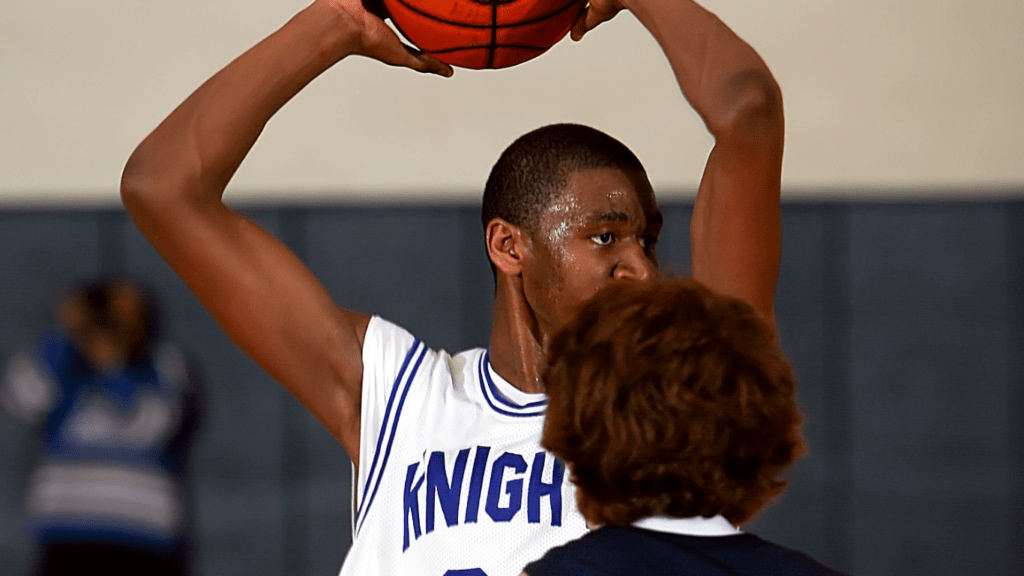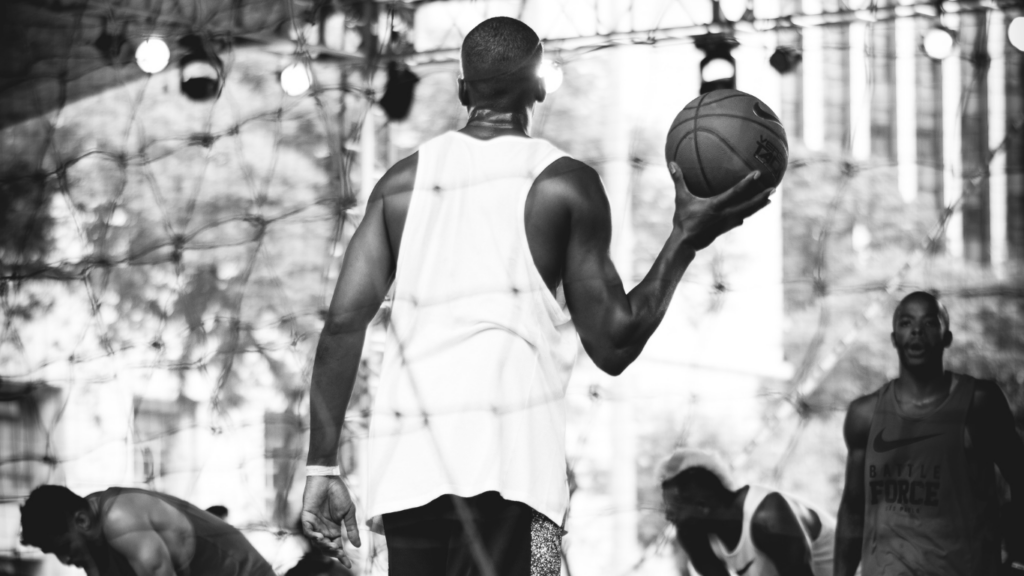The Rise of Athlete Activism
Athlete activism has grown into a significant force for social change. Sports stars leverage their platforms to spotlight critical issues and influence public discourse.
Historical Context of Athletes and Activism
Throughout history, athletes have used their status to advocate for social justice. In the 1960s, Muhammad Ali famously refused to be drafted into the Vietnam War, citing his religious beliefs and opposition to the conflict.
Tommie Smith and John Carlos raised their fists in a Black Power salute during the 1968 Olympics, protesting racial discrimination. These iconic moments set a precedent for future activism within sports.
Key Moments That Catalyzed Change
Certain key moments have significantly influenced athlete activism. Colin Kaepernick’s 2016 decision to kneel during the national anthem drew global attention to police brutality and systemic racism.
Serena Williams has been vocal about gender equality in sports, using her status to challenge disparities.
Following the murder of George Floyd in 2020, numerous athletes publicly supported the Black Lives Matter movement, sparking conversations across various sectors.
These moments illustrate how athlete activism shapes societal perspectives and drives meaningful change.
Impact of Athlete Activism on Society
Athlete activism leaves a significant mark on society, driving awareness and fostering change.
Influencing Public Opinion
Athletes shape public opinion, using their platforms to address social issues. Muhammad Ali’s resistance to the Vietnam War redirected public perspectives on the conflict.
Similarly, Colin Kaepernick’s protest against police brutality sparked widespread discussions on systemic racism. The visible platforms of these athletes amplify the causes they champion, impacting broad swathes of the public.
Advocacy for Policy Changes
Athlete activism influences policy changes, prompting legislative action and reforms. Serena Williams’ fight for gender equality in tennis brought attention to pay disparities, prompting dialogues within sports organizations and beyond.
Likewise, LeBron James’ advocacy for educational reforms led to the establishment of his “I PROMISE” School, demonstrating how athletes’ voices can drive tangible policy changes.
Major Figures in Athlete Activism
Athletes often leverage their public platforms to drive significant societal changes. Several key figures stand out for their remarkable contributions.
Profiles of Notable Athletes
- Muhammad Ali: Ali’s refusal to be drafted into the Vietnam War marked him as an iconic figure in athlete activism. Stripped of his boxing titles yet steadfast in his principles, Ali’s stance against racial injustice remains influential.
- Colin Kaepernick: Kaepernick kneeled during the US national anthem in 2016 to protest police brutality and racial inequality. Though it ended his NFL career, his actions spurred a global movement, and he continues to advocate for social justice.
- Serena Williams: Williams champions gender equality and speaks out against racial discrimination. Her efforts include supporting various charities and using social media to address pertinent issues affecting women and minorities.
- LeBron James: James consistently uses his platform to address social justice issues. He established the LeBron James Family Foundation, focusing on education and community support, and advocates for policy change through media and personal actions.
Their Contributions Beyond Sports
- Ali’s Advocacy: Beyond boxing, Ali worked as a UN Messenger of Peace and supported numerous humanitarian efforts. His commitment extended to promoting peace and equality globally.
- Kaepernick’s Initiatives: Kaepernick founded the Know Your Rights Camp, which educates and empowers marginalized youth. He also pledged $1 million to social justice organizations, showcasing his ongoing commitment to activism.
- Williams’ Philanthropy: Williams’ Serena Williams Fund helps underprivileged communities and students access education. Her work with the Equal Justice Initiative and other organizations underscores her dedication to societal improvement.
- James’ Educational Efforts: James opened the “I PROMISE School” in Akron, Ohio, offering resources to at-risk children. His More Than a Vote initiative aims to combat voter suppression, highlighting his multifaceted activism.
Athletes such as:
- Ali, Kaepernick
- Williams
- James
Exemplify how sports stars are not just changing the game; they’re changing the world.
Challenges Faced by Activist Athletes
Activist athletes confront numerous challenges while standing up for social justice. These hurdles often come from external pressures and internal struggles within their careers.
Media Backlash and Public Reaction
Media backlash can be intense for athletes who take a stand. Immediate reactions often include criticism and misrepresentation. For instance, Colin Kaepernick faced significant backlash after kneeling during the national anthem.
Major media outlets, fans, and even political figures criticized Kaepernick’s actions. Public reaction can be divided; while many support the cause, others disapprove of athletes using their sports platforms for activism.
Social media amplifies these responses, often creating viral debates and heated discussions. The constant scrutiny can affect an athlete’s mental health and public image.
Balancing Professional Careers and Activism
Balancing a professional career with activism demands careful time management and emotional resilience. Athletes like LeBron James and Serena Williams have sustained excellence in their sports while advocating for social issues.
They must juggle training sessions, competitions, public engagements, and personal commitments. Effective balancing often requires a strong support system from family, coaches, and management teams.
Additionally, athletes risk potential backlash from sponsors who may prefer to avoid controversy. Activist athletes often prioritize their values, even if it means potential financial and professional repercussions.
Strategies for Effective Activism in Sports

Athlete activism requires strategic planning and execution. These strategies help athletes maximize their impact.
Building a Platform and Following
Athletes need a solid platform and broad following to drive change effectively. Social media, public appearances, and engagement with fans amplify their advocacy.
Posting regularly about social issues keeps the audience informed and engaged. Using a consistent message across platforms builds credibility and trust. For example, LeBron James uses his Instagram to advocate for education reform and other social causes.
Collaborations and Partnerships
Collaborations with organizations amplify the reach of an athlete’s message. Partnering with non-profits or advocacy groups leverages existing resources and networks.
For instance, Serena Williams collaborates with UNAIDS to promote HIV/AIDS awareness. Joint campaigns and initiatives address complex social issues more effectively than solo efforts.
Strategic alliances with brands that share similar values also enhance an athlete’s influence.


